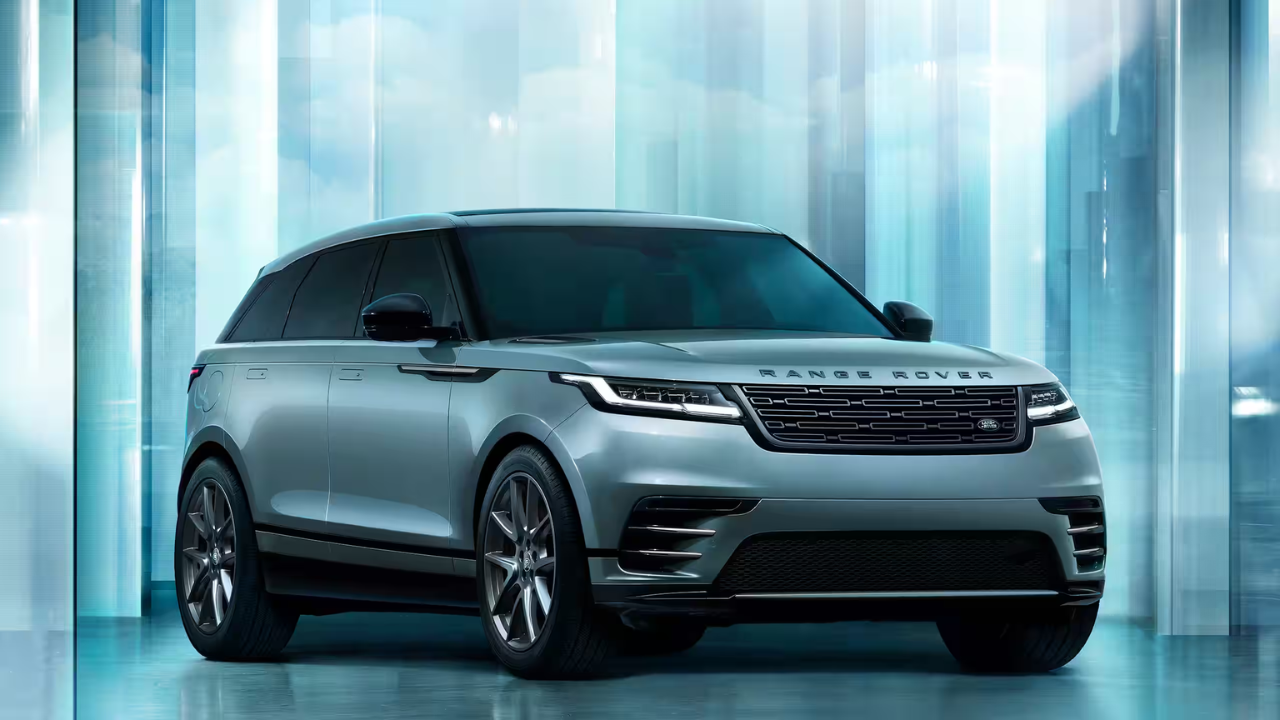“This means a lot. This (model) has never been produced outside the UK. That says something about the Indian subsidiary in the JLR story,” said JLR India managing director Rajan Amba.
The local assembly will translate into a 18-22% price reduction, Amba said. The Range Rover will drop to Rs2.6 crore from Rs 3.3 crore while the Range Rover Sport will fall to Rs 1.4 crore from Rs 1.8 crore. India levies a duty of 15% on completely knocked down kits and more than 100% on imported models.
JLR also plans to double sales over the next two-three years in India in line with its global strategy.
The Range Rover portfolio in India includes the Sport, Velar and Evoque models. Rivals include the BMW XM and Lexus LX among others in terms of comparable features and specifications.
The additional production for the Indian market will supplement output at Solihull, UK, the manufacturing home of Range Rover since 1970. Solihull will also produce Range Rover’s upcoming fully electric model as well as the top-of-the-line SV vehicles.As part of the broader plan to accelerate India operations, the luxury carmaker plans to launch at least half a dozen new models from the JLR stables, both ICE and EV (internal combustion engines and electric vehicles), as it seeks to capitalise on the growing number of high-net-worth individuals in the country. This is the most aggressive push by JLR since it entered the Indian market in 2009, Amba said.Led by the Range Rover models, JLR India sold a record 4,436 units in calendar year 2023, up 81% from 2022. Amba expects India’s luxury car market, which grew 25% to 48,000 units in 2023, to continue to expand at a brisk pace for the next few years. A growing number of HNIs and a stable economy, among other factors, will drive growth, he said. He sees penetration of EVs in the luxury segment doubling to 8% in the next two to three years.


